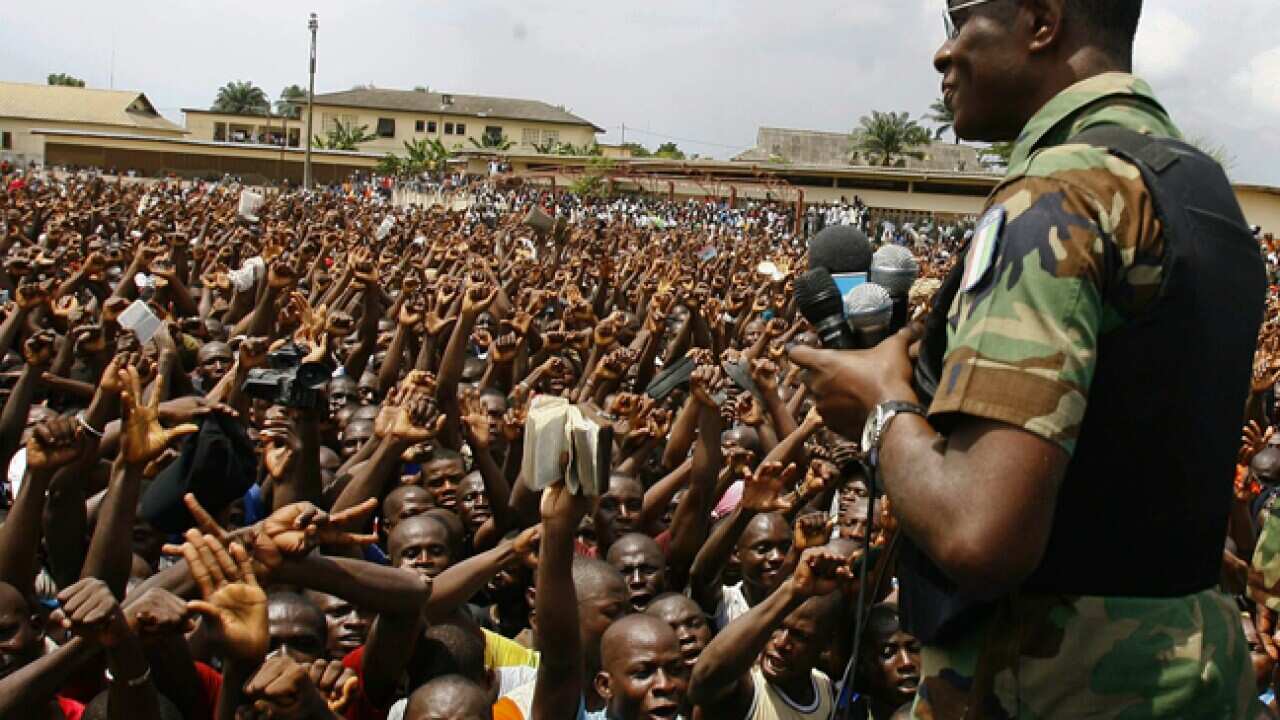US President Barack Obama has accused Ivory Coast strongman Laurent Gbagbo of using "his thugs to stay in power" but appeared to rule out a US military intervention there.
"You've got a situation there where the previous president lost an election," Obama said of Gbagbo who has hung onto power despite being defeated by his rival Alassane Ouattara in November elections.
"He's now using his thugs to try to stay in power and intimidate the opposition and the duly elected president," Obama added in an interview with NBC television.
But asked why the situation in Ivory Coast was different from the uprising in Libya, Obama said: "We are applying a whole range of diplomatic forces and trying to organize with African countries and neighbors to isolate this guy, to encourage him to leave, to put pressure on him.
"So there are a whole range of tools available. But that doesn't necessarily mean that the military tool is the one that we're going to use."
Forces backing Ouattara seized key towns in a massive offensive Tuesday, prompting Gbagbo to call for a ceasefire.
Ouattara last week rejected the African Union's choice of former Cape Verde foreign minister Jose Brito to mediate an end to the crisis, objecting that he had close links with Gbagbo.
Election-linked violence has left at least 460 people dead with as many as one million fleeing their homes, according to UN agencies.
A November 28 election was meant to re-unite Ivory Coast after its 2002 split following the coup attempt against Gbagbo which left rebels in control of the north and Gbagbo ruling the south.
Several attempts to find a diplomatic solution and convince Gbagbo to step down have failed.
Up to one million may be displaced in Ivory Coast
Meanwhile the UN refugee agency says that up to one million people may have been displaced by the fighting in Ivory Coast as more people fled their homes in Abidjan amid fears of all out war.
"There is escalating insecurity in Ivory Coast's Abidjan, we're seeing a sharp rise in displacement," said Melissa Fleming s apsokeswoman for the UN High Commissioner for Refugees (UNHCR).
"There are estimates that there could be up to one million people just in Abidjan who have been displaced," she told journalists, adding that the estimates were made by the agency's own staff on the ground.
The UNHCR cited estimates of between 700,000 and one million people displaced, largely from the city of Abidjan, including the heavily populated districts of Abobo, Adjamame, Williamsville and Yopougon.
Share

